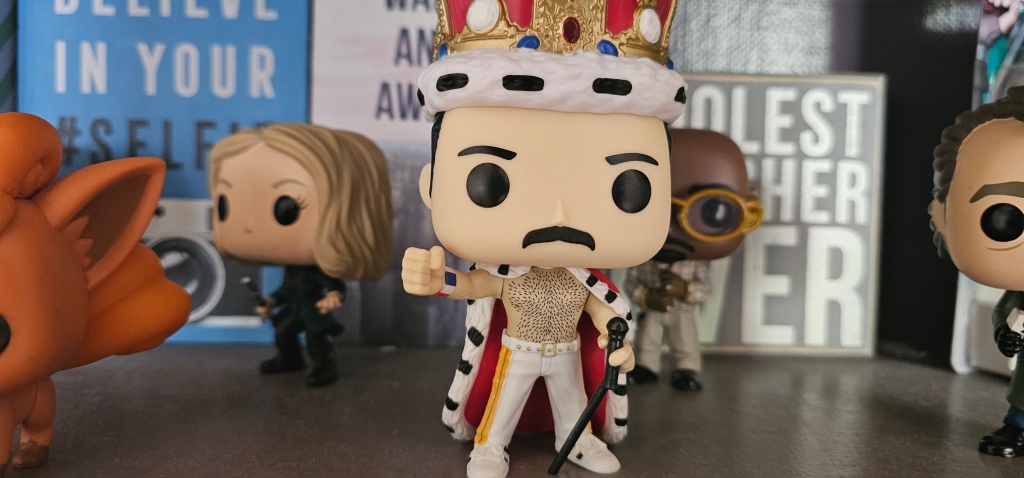(FYI: This is about the book, not the movie – I just didn’t have a decent picture)
Religion is one of the most pivotal themes in Beowulf. From the overarching journey of the son of Ecgtheow to the abundance of religious rhetoric that grew with renditions of the text, religion is something that has to be considered while analyzing Beowulf. Whether it be Pagan or Christian, Rhetoric or fact, divine intervention or wyrd, religion is wrapped up in everything in Beowulf.
The crucial part of accurately interpreting religion in Beowulf is taking a stance on when it was written. If the lens of interpretation resides in the 700 a.d. area, Beowulf can be interpreted as Pagan war mythology. The good hero conquers all and then goes back and celebrates in the Mede hall by drinking and boasting and basking in his glory. The other belief, the one where Beowulf was written somewhere in the ballpark of 1000 a.d., is that Beowulf was written with a very-much Christian tint. The hero comes from a faraway land, seemingly out of nowhere, and rescues a hopeless people from an unfathomable evil – even losing his life by the end of the tale.
In The Broadview Anthology of British Literature there are a lot of instances pointing to Beowulf being decidedly Christian. In section 14, when Hrothgar speaks, he openly praises “the almighty” and cites the grief he has endured from Grendel – later thanking God (with a capital “G”) for ending it. At the end of section 24 there is a graph in which the orator of the story pontificates on God and what he allows humans to think, do and say. The intrusion of the narrator into the narrative makes the entire text questionable and potentially differentiates between any addition that could have been published (or spoke) in 700 a.d. and those that could have been published in 1000 a.d.
Faith versus fate (or wyrd) is another of the religiously charged themes within the text and primarily resides in the actions of the characters. Beowulf fighting Grendel by hand, then finding the sword in the battle with his mother and passing after the battle with the Dragon all have tinges of either divine intervention or religious symbolism. But why? In terms of structure, Beowulf has some interesting similarities to the Bible. In the Old Testament God was arrogant and boastful, much like Beowulf is while facing Grendel. While he may be arrogant, he acts out of loyalty when facing Grendel’s mother, similar to God by the end of the Old Testament. And by the end he leaves everything to his son. Is there any other reference needed?
Whatever way the reader decides to look at the text, religion plays a big part in it. The compelling aspect of Beowulf is no matter what way you choose, a Pagan or more Christian route, the narrative reinforces both ideologies. That is the much bigger question in a longer paper, though.
…
Wrote this for a class.



What do you think?